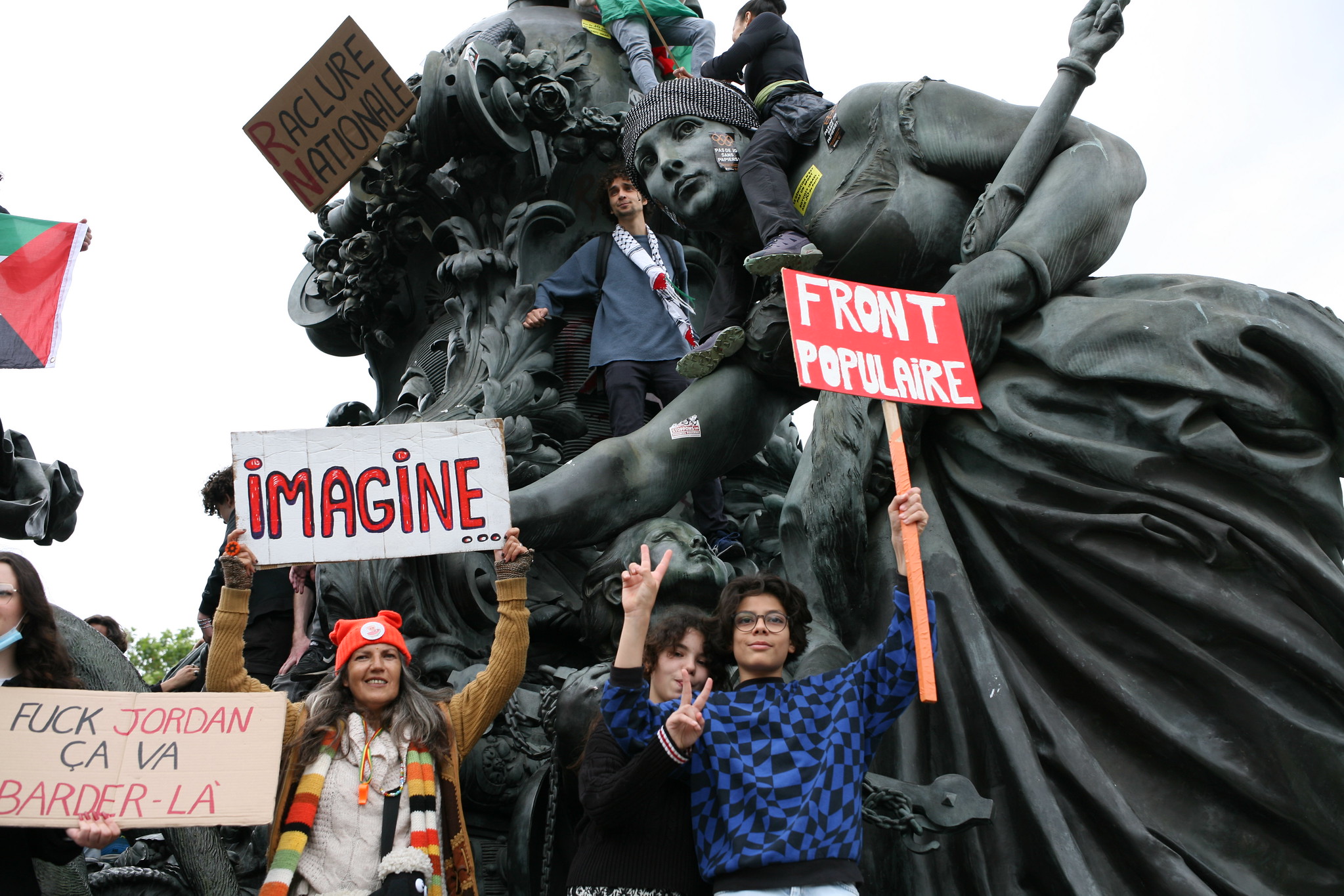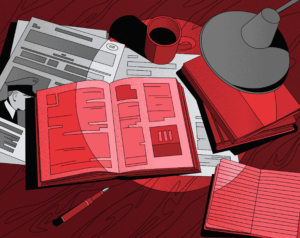On Sunday, the coalition of left-wing parties, the New Popular Front (NFP), whose informal leader is Jean-Luc Mélenchon, won the second round of the French parliamentary elections and secured 182 seats in the National Assembly. In the previous parliament, elected in 2022, the alliance of left-wing parties had just over 150 seats.
Second place in the July 7th round went to President Emmanuel Macron’s liberal coalition “Together” with 163 seats. The pro-presidential alliance of centrist parties previously had 250 seats, which means Sunday was a crushing defeat for the liberals and a verdict of Macron’s policies.
The far-right Rassemblement National (RN) of Marine Le Pen came in third with 143 seats. Despite losing, the far-right significantly increased its presence in parliament. Before the elections, it had only 88 seats, so it won 55 additional mandates. The sociological service Elabe reports this data. According to the service, the election turnout was 67.1%, indicating an extraordinary mobilization for this election.
The extremely high attention paid to the election was due to the possibility that the far-right would come to power. The French felt these parliamentary elections were of historical significance. After the first round of elections, the RN was leading by a considerable gap: it was predicted to win a crushing victory with 255-295 mandates. The National Assembly of France comprises 577 deputies. Two hundred eighty-nine seats are required for a simple majority. Had the results from the first round stood, the far-right could theoretically have seized half of the parliament and brought its own prime minister, Jordan Bardella, to power, with the ability to pass laws and pursue its policies without resistance from the other parties.
The defeat of the far-right was attributed to the longstanding tradition of the antifascist Popular Front in France, dating back to the 1930s. The electoral tactic of the alliance included centrists and leftists, who united against the far-right. This alliance successfully intercepted many parliamentary seats from the RN using the following strategy: In the French parliamentary elections, all candidates surpassing a 12.5% threshold in the first round can proceed to the second round of voting. This led to three candidates advancing to the second round in multiple constituencies. Typically, the candidates remaining after the first round consisted of one RN candidate, one leftist, and one liberal. In many places, one candidate of the two not on the far-right strategically agreed to withdraw after the first round of voting in favor of a remaining non-far-right candidate. The remaining candidate then had the room to garner support from all voters who supported any candidate except the RN, strengthening the chances of a non-far-right victory.
Disappointed with the election results, Jordan Bardella, the RN’s 28-year-old leader, slammed this “alliance of dishonor”.
The leftist tactic did, however, come at a cost. For the first time since the founding of the Fifth Republic in 1958, no political faction managed to secure a parliamentary majority, meaning no single group could form a government independently. This result affected the Macronists in particular. Consequently, after the election results were announced late on the evening of July 7, French Prime Minister Gabriel Attal, a member of the pro-presidential coalition, announced his resignation. However, on July 8, the media reported that Macron had not yet approved the resignation request. The Elysee Palace justified this decision by citing the need to “ensure the country’s stability.” If the President ultimately approves Attal’s resignation, he will continue to serve as interim prime minister until a new government is formed, though details remain unclear.
The leader of the leftist block, Jean-Luc Mélenchon, has stated his opposition to forming an alliance with the Macronist coalition. He has emphasized that he rejected negotiations with them and has urged support for the left to establish a new government.
President Macron will likely find himself in a “lame duck” situation until the end of his Presidential term in May 2027. While the French constitution concentrates powers in the hands of the President, the current situation may see a shift in practice. France is entering a “cohabitation” period, which describes a scenario where the head of state and the parliamentary majority represent different parties. In France, the President’s responsibilities include foreign policy and defense matters. Domestic and economic policies are expected to be governed by the prime minister. President Macron has ruled out the possibility of resigning early.The political crisis in France persists.
Following the initial release of preliminary voting results, jubilant crowds flooded the streets of French cities. Thousands gathered at Place de la République in Paris. Initially peaceful, the demonstration later turned violent, leading to rioting that prompted police to deploy tear gas.
Marine Le Pen of the RN, who secured a parliamentary seat, is now gearing up for the Presidential race in 2027, where she aims to secure victory.








